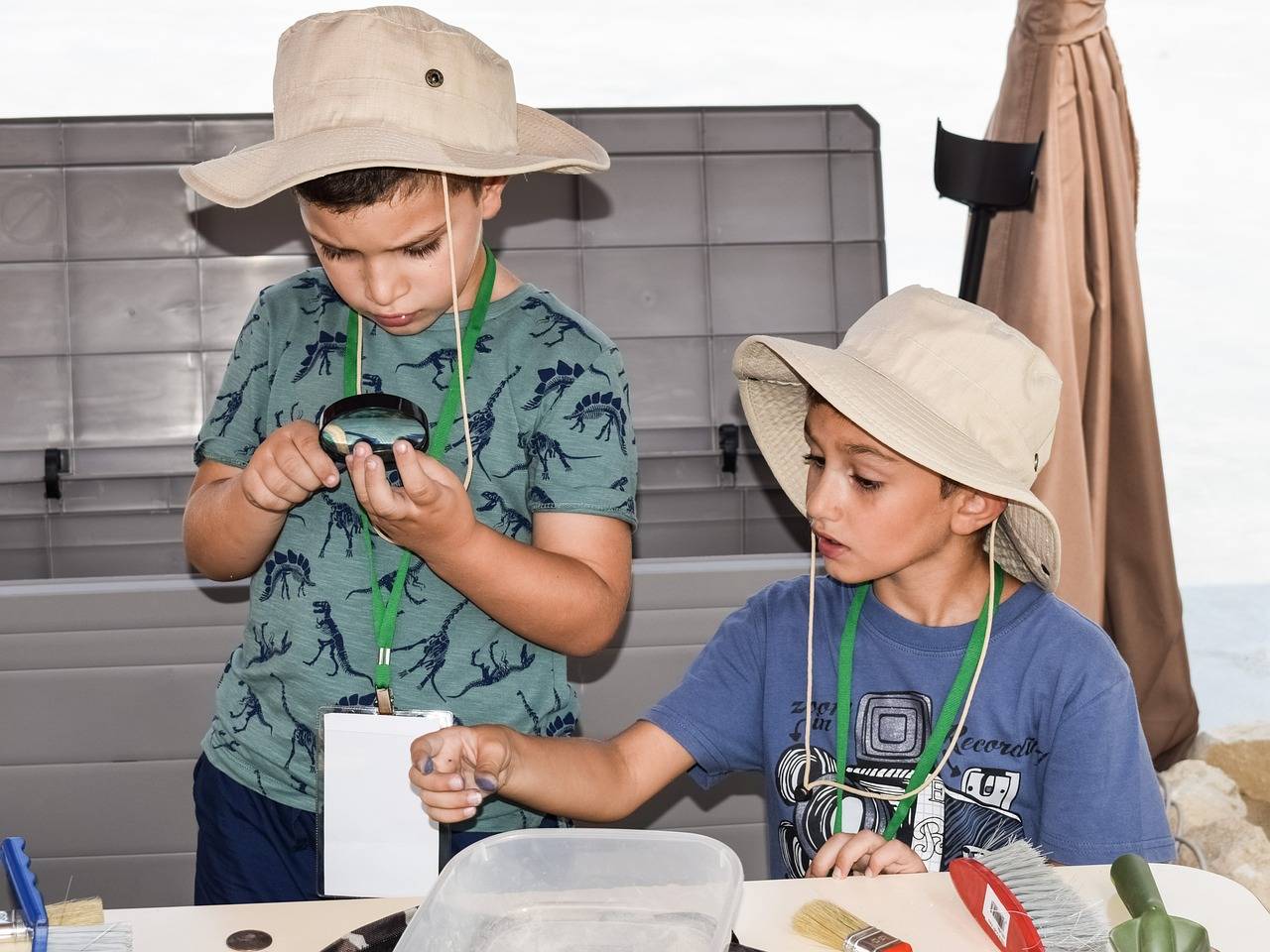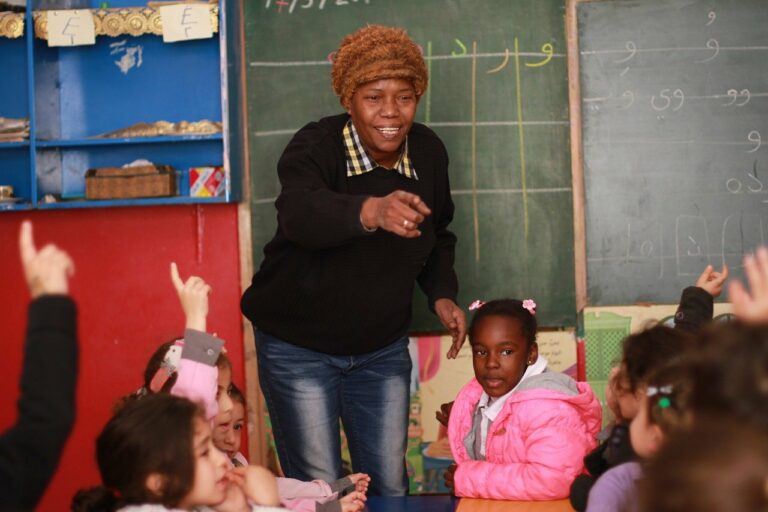The Role of Social-Emotional Learning in Classroom Management
Building strong relationships with students is crucial in creating a positive and supportive learning environment. When educators take the time to build connections with their students, it fosters a sense of trust and belonging. This, in turn, can lead to improved student engagement and academic success.
Having a strong relationship with students also allows educators to better understand each student’s unique strengths, challenges, and interests. By knowing their students on a personal level, teachers can tailor their instruction to meet individual needs and provide the necessary support for students to thrive. This personalized approach helps students feel valued and supported, which can positively impact their motivation and overall well-being in the classroom.
Recognizing and Addressing Students’ Emotions
Recognizing and addressing students’ emotions is a crucial aspect of fostering a positive learning environment. When educators are attuned to the emotional states of their students, they are better equipped to provide appropriate support and interventions when needed. By acknowledging and validating students’ emotions, teachers can help them feel seen and understood, which in turn can boost their overall well-being and academic performance.
Furthermore, when educators take the time to recognize and address students’ emotions, they are laying the foundation for building strong relationships based on trust and empathy. This proactive approach can create a safe space for students to express themselves authentically and seek guidance when facing emotional challenges. By prioritizing students’ emotional well-being, teachers can cultivate a supportive classroom community where every individual feels valued and respected.
Teaching Self-Regulation Skills
Self-regulation skills are essential for students to effectively navigate their emotions and behaviors. By teaching students how to identify their feelings and regulate them in a positive way, educators can empower them to manage stress and make better decisions. In the classroom, this can translate to improved focus, self-control, and academic performance.
Through modeling self-regulation techniques and providing opportunities for practice, educators can help students develop these crucial skills. By incorporating activities that promote mindfulness, emotional awareness, and impulse control, teachers can create a supportive environment where students feel empowered to take control of their emotions and actions. Ultimately, teaching self-regulation skills equips students with the tools they need to succeed not only academically but also in their personal and social lives.





